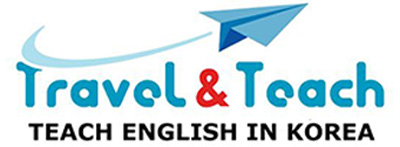Remember, a successful interview is not just about securing a job, it’s about finding a school that is the right fit for you and your teaching goals. A successful ESL job interview requires preparation, confidence, and strong communication skills. If you are looking to find an ESL job in Korea, you will first need to pass the phone interview.
Since most people are not used to having an interview over the phone, here are some obvious – and not so obvious – tips to help you get that job:
1. Be on time for the call and be sure to let the interviewer know that you were expecting their phone call.
2. Speak slowly, clearly and enunciate your words.
3. Don’t ever interrupt the interviewer while they are speaking.
4. Use the person’s title at all times (Mr. or Ms. and their family name).
5. Take your time in answering the interviewer’s questions. It is better to provide a well thought out answer than to rush.
6. Make a conscious effort to sound enthusiastic. ESL schools are looking for someone who will be good in front of the class, so don’t try to be too too professional.
7. Smile. It sounds silly, but smiling can be ‘heard’ over the phone and will give a positive impression.
8. Listen carefully. It is respectful to let the interviewer know that you are paying close attention to what they are saying.
9. Respond with full answers. Saying ‘yes’, or ‘no’, as your answer will not provide enough information and will make you look unprepared.
10. Ask questions regarding the curriculum, textbooks used, class sizes etc. This will show that you have a genuine interest in the job.
11. Keep your resume handy in case you are asked details about your work experience.
12. Make sure you are alone. It is quite rude to be in an interview while people are talking in the background.
13. Have a pen and paper ready for note taking
14. Unless you are 100% sure that your cell phone service is going to be perfect, consider using a landline just in case the call gets dropped.
15. Do not eat, drink, smoke or chew gum.
16. Remember to say “thank you” at the end of the conversation.


